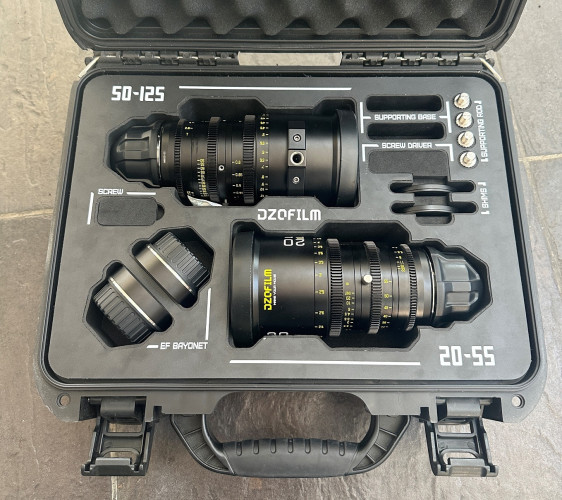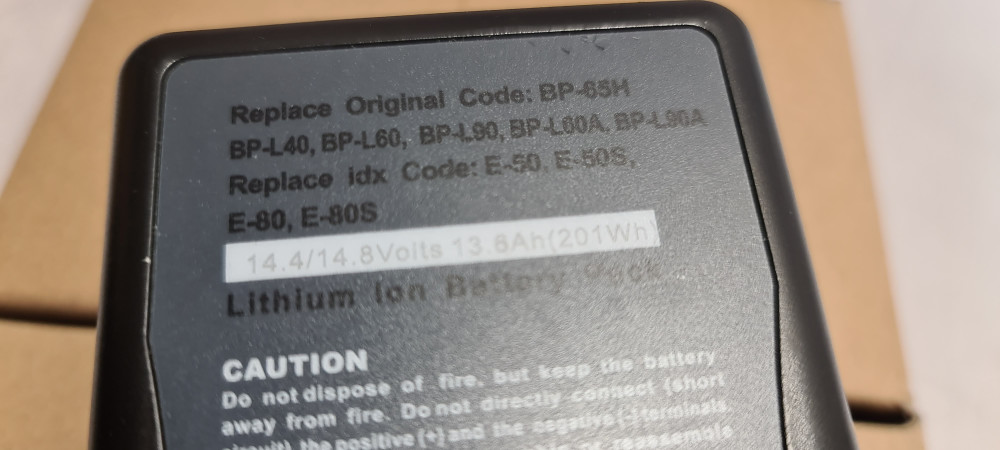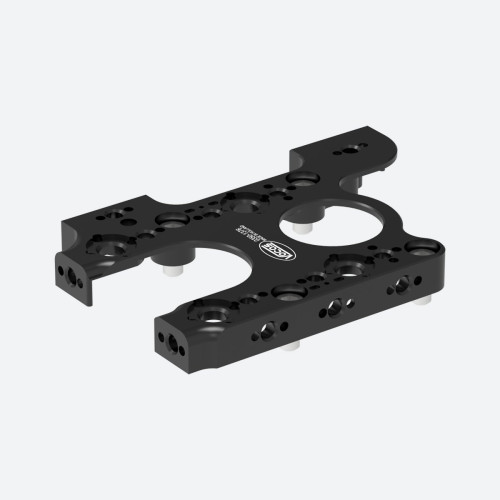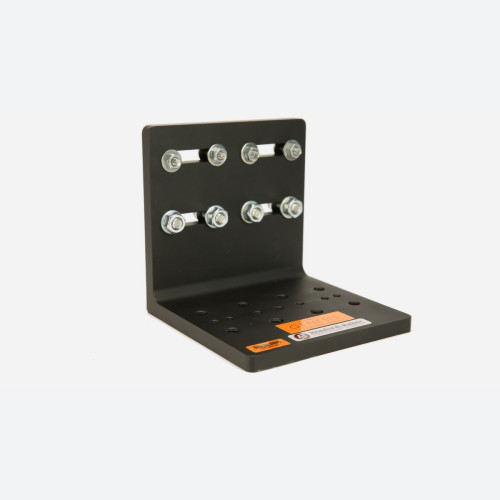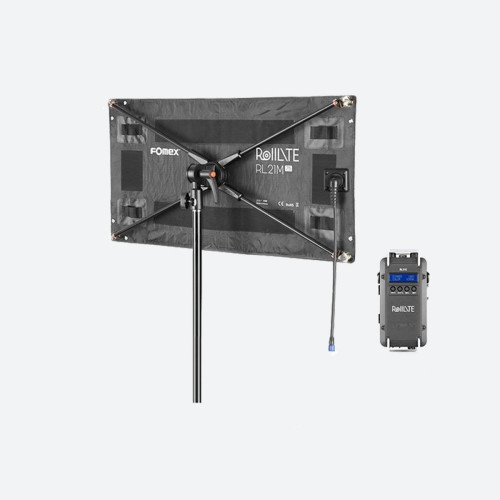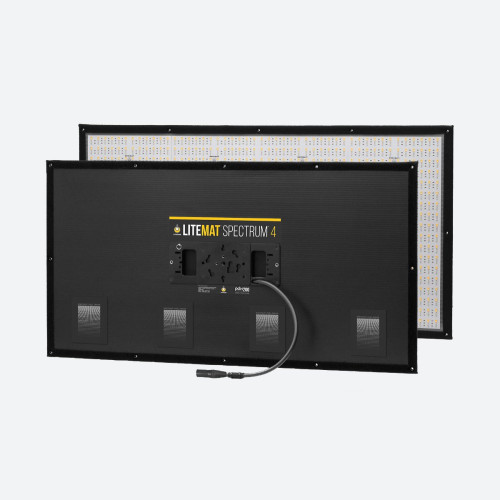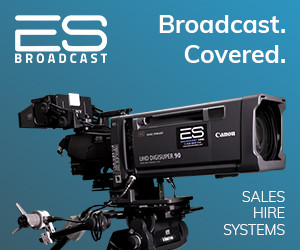A couple of months ago I used this column to talk about geeks and nerds. Our industry depends upon them, whether we like it or not. Re-reading the article, I was struck by the fact that I quoted four people in the article (five if you count Christian Louboutin). All were male. According to a recent survey just 17% of the people in the technology sector of our business are female, a proportion which, remarkably, is falling.
Women are doing well in the creative side of the business. Kathryn Bigelow looks well placed for a second best director Oscar. But I have been racking my brains to think of women in leading roles in the supply side.
There is the wonderful Naomi Climer who has been astoundingly successful at Sony. ITFC-Deluxe is now in the capable hands of Lesley Marr. And in the UK at least, that is about it. In the USA there is Margaret Craig, now at Signiant, and Sarah Foss, now at Encompass Digital Media. And again I get stuck. Apologies for those I have overlooked. I am sure I will get a flood of reminders.
One more important female voice is Lisa Campbell, editor of Broadcast. She called for more “digital heroines” in a recent editorial, and I back her wholeheartedly.
According to the campaigning agency Lady Geek, 80% of technology decisions are influenced by women. They are not making those decisions on the basis of how sweet it looks, the “pink it and shrink it” approach that Lady Geek fights against as it “bridges the gulf between the people who make and market technology products and the women who buy them”. In our industry they are people like Ann Charles of BBC Major Projects Infrastructure, who have millions to spend on hardware.
CodeClub is an initiative to take volunteers into schools to introduce 9 to 11 year olds to programming computers, rather than just playing with them. According to founder Claire Sutcliffe, if girls are not turned on to technology by this age, they believe that the career path only applies to male, pizza-guzzling nerds.
If you Google women in broadcast technology, the first results are not for the UK but for Australia. ABC has been running a scholarship programme for 21 years to attract the best female talent. The BBC runs women in engineering seminars every couple of months. And again, that is about where the story ends.
One of the routine calls at industry events is that we are facing a massive skills shortage. We need to find ways to appear attractive to young people.
To me this seems to be a no-brainer. I cannot for the life of me fathom why someone would want to work at Cisco building switches, or at Facebook tweaking databases, when they could be involved in bringing the Olympics to the world, or Strictly Come Dancing, or Homeland, or In the Night Garden. Apart possibly from the fact that Cisco and Facebook can afford bigger salaries.
The general consensus seems to be that we need to get the message in early, by pitching at schools the attractions of our industry. If we believe CodeClub’s Sutcliffe, then we should not be leaving it to the last minute before schoolchildren become university students, either.
So I would like to add my voice to the clamour. If you run a business, of any size, take the time to reach out to local schools. Ensure you are on their list for work experience placements, and offer to talk about your company and the broadcast industry. And for goodness’ sake make sure your presentations are at least gender neutral, if not positively encouraging for girls. The future of the business cannot be helped by largely discounting 50% of the talent pool.
In the USA, analysts McKinsey found that companies with women on the board out-performed those will all-male executives by 41% in return on equity and by 56% in operating results. The UK-based 30% Club claims that three women directors on a board equates to equity return 45% higher than average. It also points out that women now represent 60% of university graduates in Europe and the US.
Normally I would use my January column to make some not very convincing predictions on the year to come, predictions I never revisit to save embarrassment at how inaccurate they have proven. This year, I want to make it a plea not a prediction.
Get involved in making our industry attractive to new recruits, whether they will be joining us immediately or a decade from now. And play your part in adjusting the gender balance, so that we really are attracting the best possible people not reinforcing some stereotype well beyond its best-by date.
For, as Belinda Parmar – who describes herself as Chief Geek at Lady Geek – says, “those that do will reap the benefits. And the rest will be left behind, eating pizza, wondering why everyone else is making so much money.”




